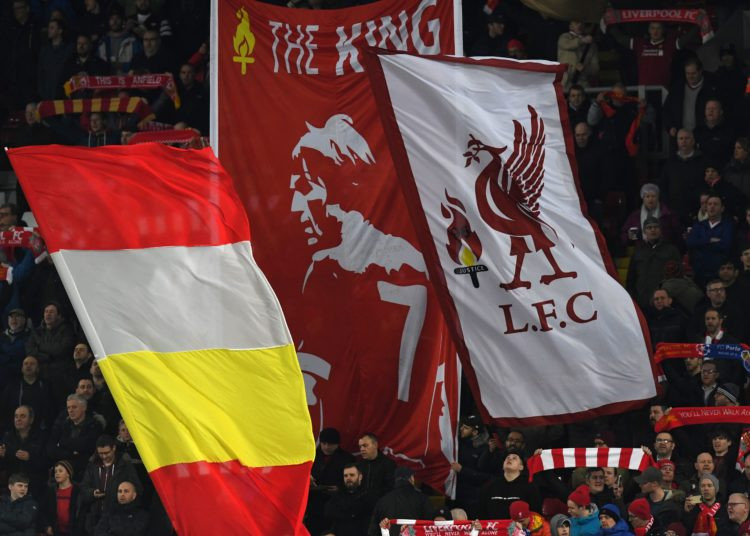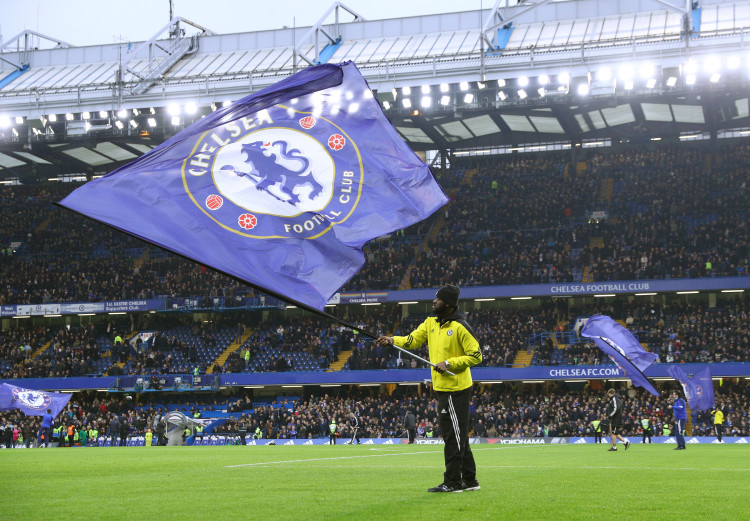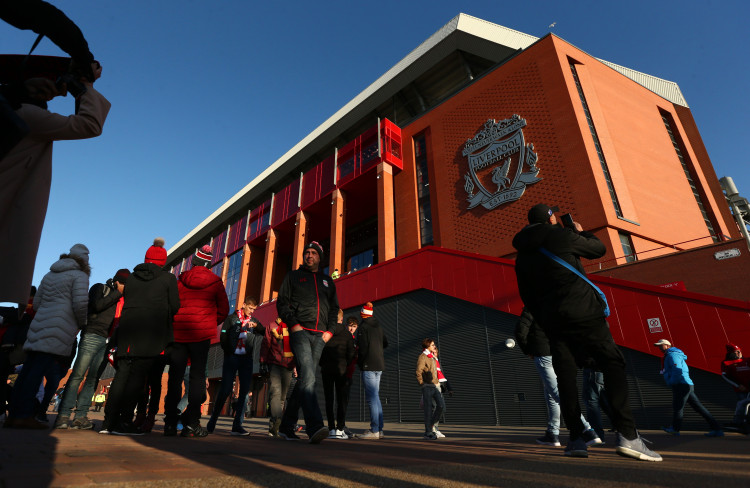
Ambition Turns to Anarchy: Nottingham Forest’s Great Unraveling
Nottingham Forest’s managerial meltdown, from Nuno Espirito Santo’s abrupt exit to Ange Postecoglou’s winless tenure, reveals how restless ownership can unravel a club’s momentum in record time.
Nottingham Forest have managed a rare kind of implosion, one that feels both preventable and self-inflicted. In just a matter of weeks, Evangelos Marinakis, the club’s fiery owner, has sacked two managers: first Nuno Espirito Santo, then Ange Postecoglou.
The chaos that has followed is more than poor form; it is a case study in how impatience at the top can destroy hard-earned stability. As the Tricky Trees begin their search for their next manager (recent reports have linked them with Marco Silva and Rafael Benitez), we take a look at how their self-sabotage has unravelled.
Nottingham Forest: From the wilderness back to the Premier League
When Nottingham Forest sealed their Premier League return in May 2022, after 23 years bouncing across football’s lower divisions, it felt like the old magic had come back to the City Ground.
Steve Cooper was the man behind the miracle, guiding Forest to promotion through the playoffs despite taking charge of a club rock bottom of the Championship earlier that season. His first Premier League campaign was not glamorous, but it was brave, as they scrapped for points, found moments of fight, and barely stayed afloat among seasoned top-flight teams.
However, cracks started to appear soon after. Nottingham Forest looked inconsistent under Cooper in their sophomore Premier League season, struggling to keep the defensive shape that had defined their promotion run. Cooper’s tactics, often pragmatic, reactive, and built around bursts of counterattack, began to seem outdated. One win in 13 games pushed Marinakis towards the inevitable; Cooper was sacked in late 2023, and it felt like uncertainty had once again returned.
Nuno Espirito Santo arrives at Nottingham Forest and brings structure
After Steve Cooper came Nuno Espirito Santo, a man known for discipline, tactical balance, and quiet authority. When he arrived midway through the 2023/24 season, Forest were 13th but flirting dangerously with a financial penalty for overspending. The mood was not good. Yet Nuno delivered stability in the face of chaos.
The Portuguese tactician managed to keep Nottingam Forest in the Premier League even after a points deduction for financial mismanagement, imposing a clear shape and building a side that was compact, modern, and hardworking.
By 2024, Nuno had transformed Forest’s reputation. They beat Liverpool at Anfield for the first time in over half a century. They took down Manchester United at Old Trafford. Fans who had once braced for relegation began dreaming of Europe, and by May 2025, Forest had achieved exactly that, a seventh-place finish and Europa League qualification for the first time in 30 years.
A fallout that made no sense
Then came the sudden and baffling part. Despite his success, Nuno Espirito Santo’s relationship with Evangelos Marinakis soured. Over the summer, Nuno publicly complained about Nottingham Forest’s transfer strategy, calling his squad “unbalanced” and “very, very far” from being ready for the Premier League.
Marinakis, who does not take criticism lightly, was reportedly angered that his manager had challenged him in public. Less than two months after Nuno Espirito Santo had signed a new contract until 2028, he was sacked on September 9, 2025.
That decision, a mix of ego, impatience, and short-term thinking, has proven disastrous. Forest were not just losing a coach; they were tearing apart a system that worked. Nuno had brought tactical coherence, confidence, and identity. His departure disrupted all of that, sending the club straight into instability.
A system shock: Ange Postecoglou’s failed era
In stepped Ange Postecoglou, a coach whose ideals could not have been more different. Known for his attacking football philosophy and fluid systems, the Australian tactician walked into a Nottingham Forest side built to play compact and disciplined football under Nuno. Marinakis, perhaps seeking flair after a season of grit, handed him a two-year deal on September 9.
What followed was chaos. Forest did not win a single game under Postecoglou. Across eight matches, they lost six and drew two, including heavy defeats to Newcastle United and Chelsea. The team looked lost, defenders confused by high-pressing demands, forwards isolated, and energy levels depleted. Fans turned restless, with “sacked in the morning” chants echoing around the City Ground during home games.
It was not just bad results; it was a collapse of identity. Postecoglou’s methods demand patience and time to reshape habits, yet Marinakis’s managerial patience lasted a mere 39 days. Within minutes of losing 3-0 to Chelsea, the axe fell. The club announced his dismissal in an official statement that had an eerie deja vu to the one issued for Nuno just weeks earlier.
From tactical balance to chaos
What makes this saga staggering is the shift in football philosophy between these two managers. Under Nuno Espirito Santo, Nottingham Forest worked from a solid structure, defending deep, hitting on the counter, and grinding out results even against top clubs. Postecoglou wanted the opposite: build from the back, press high, and dominate the midfield. It was not just a managerial change; it was a system transplant that the players were never ready for.
In football terms, this is what you call a mismatch. Nuno’s charges were built on confidence in chaos, on absorbing pressure and turning it into attack. Postecoglou’s Forest tried to fight fire with fire, only to burn out fast. Marinakis’s decision to flip philosophies overnight, without giving his squad the tools or time to adapt, directly led to the team’s downfall.
A pattern of impatience
The chaos at Nottingham Forest is not new. Marinakis has developed a reputation for decisive, sometimes impulsive actions when things do not go his way. But sacking Nuno Espirito Santo might be his biggest misstep yet. For once, the club had stability, a defined style, a respected manager, and a clear roadmap. Nuno arguably turned Forest from a relegation battler into a European participant, something only a handful of clubs manage after surviving promotion.
Marinakis did not just rip up a plan that worked; he replaced it with one that clashed violently with his squad’s DNA. Postecoglou was never given the time, nor the resources, to convert Nottingham Forest into his attacking machine. Instead, he inherited a structure created for a different world, one that could no longer function under such drastic change.
Nottingham Forest and the consequences of self-sabotage
What Nottingham Forest are facing now is not just a lull in form; it is an identity crisis. A club that fought hard to reclaim its place among England’s elite now looks rudderless again, searching for a new direction while languishing in the lower half of the table.
For players who thrived under Nuno Espirito Santo’s direction, Callum Hudson-Odoi and Morgan Gibbs-White, the sudden shift has visibly affected performance and morale.
Managerial turnover usually comes with cost. But Nottingham Forest have learned that the cost isn’t just financial; it is emotional, cultural, and strategic. The side that once punched above its weight now seems unsure what kind of football it wants to play. And the blame for that lies squarely at Evangelos Marinakis’s feet.
The verdict: a masterclass in undoing success
Evangelos Marinakis’s latest decisions showcase exactly how ambitious ownership can morph into self-sabotage when unchecked. By sacking Nuno Espirito Santo, Marinakis removed the very foundation that gave Forest stability and success.
Then, by hiring Ange Postecoglou, he introduced a system shock that the club could not absorb. By sacking the Australian tactician in just over a month, he confirmed that the problem was not in the dugout but in his own office.
Nottingham Forest now face a familiar question: what next? Will Marinakis double down with yet another managerial gamble, or finally recognize that progress requires patience? Because as things stand, Nottingham Forest are not just struggling; they are unravelling the very legacy they worked so hard to rebuild. And, in the end, that is the truest meaning of self-sabotage.









